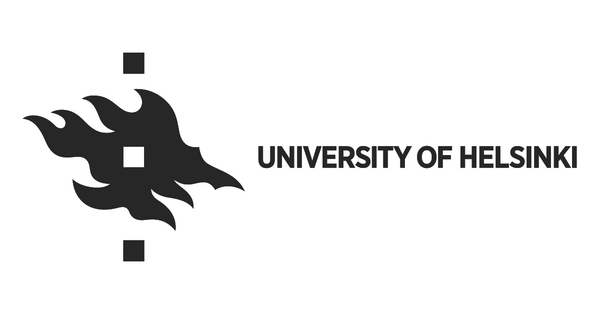University of Helsinki: The University is seeking 10 new deans – This is how academic leadership has evolved
This year, a group of new faculty leaders will be recruited. According to Rector Sari Lindblom, the best candidates are skilled at leading people and steering operations with a future-oriented approach.
With the exception of the Faculty of Social Sciences, this year a new dean will be selected for all of the faculties of the University of Helsinki. The application procedure, which begins on 14 March 2021, encompasses 10 positions, with the appointees assuming their duties at the beginning of 2022.
“Ten very important academic leadership positions are now available, in which particular emphasis will be placed on leading people, engendering inclusivity and having a future-oriented approach to management,” says Rector Sari Lindblom of the University of Helsinki.
In somewhat simplified terms, the dean is the faculty’s managing director who manages the faculty’s operations and is responsible for the efficient, economic and effective completion of the faculty’s duties. The dean cooperates with other University leadership.
Ultimately, the dean is also responsible for what kind of research is conducted at the faculty. In contrast to ordinary managing directors, the dean must be a top-level expert in their research field, with at least a doctoral degree. However, scientific expertise and a doctoral degree alone are not enough. Academic leadership has evolved a great deal over the years.
“Earlier, the emphasis was solely on scholarly success. Today, academic leaders must have sufficient academic qualifications and good skills in leading people, influencing and networking,” says Hanna-Leena Livio, head of development specialised in leadership at the University of Helsinki’s HR Services.
Livio says that an approach to leadership based on listening and discussion is considered a particular asset, as is the ability to engender inclusivity within the faculty. These qualities are also set out in the University’s new strategic plan.
“In addition to being interactive, the ability to manage the future is really important. Key to this is understanding how the management of a faculty and the University are linked, showing the way and getting others involved.”
Pronounced investment in leadership
The dean chooses the vice-deans, with whom the management group of the faculty is set up. The University organises a comprehensive two-month orientation period for deans, presenting the various aspects of leading and managing the University.
“HR Services supports the work of management groups. Together, we start considering what is key to the work of the management group, how matters are decided and what kind of meeting practices are best for the group. We encourage people to venture outside the silos of their research fields to focus on the interests of the faculty as a whole,” Livio says.
Furthermore, all new deans are offered coaching services, while Leadership Arena sessions held at regular intervals bring the entire University leadership together to discuss specific current topics.
First year as a dean
Dean Marjaana Seppänen of the Faculty of Social Sciences began serving in the position at the beginning of 2020.
“The year was heavily marked by the coronavirus pandemic. I had been in the post for a couple of months before we completely transferred online in terms of both work and teaching. I haven’t seen people in person very much at all in the past year,” Seppänen says.
Seppänen’s everyday work consists of a lot of Zoom meetings and email communication. Since the Faculty of Social Sciences is large, many different issues arise, from pleasant news about funding to things that need to be addressed. Recruitment constitutes a sizeable portion of the dean’s duties.
A large part of operations is conducted with external funding, which adds uncertainty to the continuity of appointments, leads to turnover in the work community and thus poses a challenge for leadership.
“A particularly wonderful task is signing students’ degree certificates, which continues to be done by hand. I always read the students’ names and subjects.”
Seppänen says that she also gives a lot of thought to how to support people in their work; how to give enough space for academic freedom, while making a large organisation function well.
“You can’t dictate research topics and interests from above. Having said that, teaching and research are strongly united at our faculty. My mission is to organise operations so that we provide sufficiently high-quality teaching based on research and also enough time for research and public engagement.”
Seppänen’s field is social work, specifically social gerontology, with a day dedicated to research every week recorded in her employment contract.
“I’ve tried to stick to it, although it’s not that easy. Forgoing research altogether would leave me with an empty feeling. Late last year, we received a large grant for a research project conducted by three universities. I serve as the project leader, mainly focusing on coordination. I would not have the time to collect material, for example.”
All in all, Seppänen enjoys her job as a dean.
“It’s an opportunity to gain a wide perspective on your faculty and the University as a whole. The job is particularly engaging when you get to contribute to the realisation of the University’s core duties and values. We are an organisation guided by truth, Bildung, freedom and inclusivity, and I think that’s pretty great.”
Timetable for dean recruitment
Application period opens on 14 March
Application period ends on 11 April
The assessment period that begins after the application deadline includes applicant interviews, public hearings organised at faculties and leadership assessments, if any.
Faculty councils select the appointees, autumn 2021
New deans begin their work on 1 January 2022

